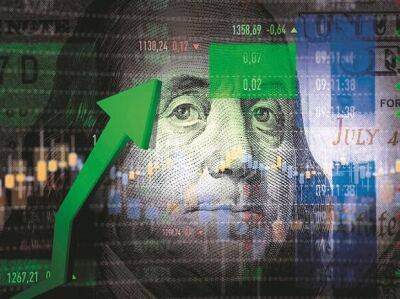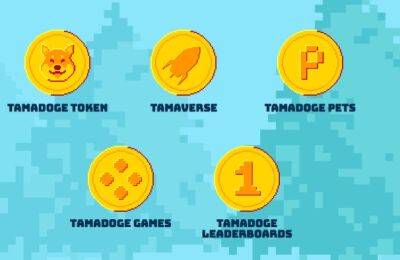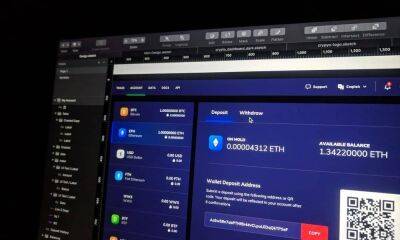Surge or purge? Why the Merge may not save Ethereum price from 'Septembear'
Ethereum's native token, Ether (ETH), is not immune to downside risk in September after rallying approximately 90% from its bottom of around $880 in June.
Much of the token's upside move is attributed to the Merge, a technical upgrade that would make Ethereum a proof-of-stake (PoS) protocol, slated for Sep. 15.
But despite logging impressive gains between June and September, Ether still trades almost 70% below its record high of around $4,950 from November 2021. Therefore, its possibility of heading lower remains on the cards.
Here are three Ethereum bearish market indicators that show why more downside is likely.
Ethereum options traders anticipate Ether's price to reach $2,200 from its current $1,540 level ahead of the Merge, according to Deribit data compiled by Glassnode. Some even see the price hitting $5,000, but enthusiasm looks flat post the PoS switch.
There appears to be demand for downside protection among traders after the Merge, indicated by a so-called "options implied volatility smile" metric (OIVS).
OIVS illustrates the options' implied volatilities with different strikes for the specific expiration date. So, contracts out of capital typically show higher implied volatility, and vice versa.
For instance, in the Ethereum's Sept. 30 options expiry chart below, the smile's steepness and shape help traders assess the relative expensiveness of options and gauge what kind of tail risks the market is pricing in.
Thus, it shows a large buy-side demand for ETH call options expiring in September, indicated by the volatility smile's upward slope, showing traders are willing to pay a premium for a long exposure.
“Post Merge, the left tail is pricing in significantly higher implied volatility, indicating traders are paying a
Read more on cointelegraph.com

 cointelegraph.com
cointelegraph.com




















